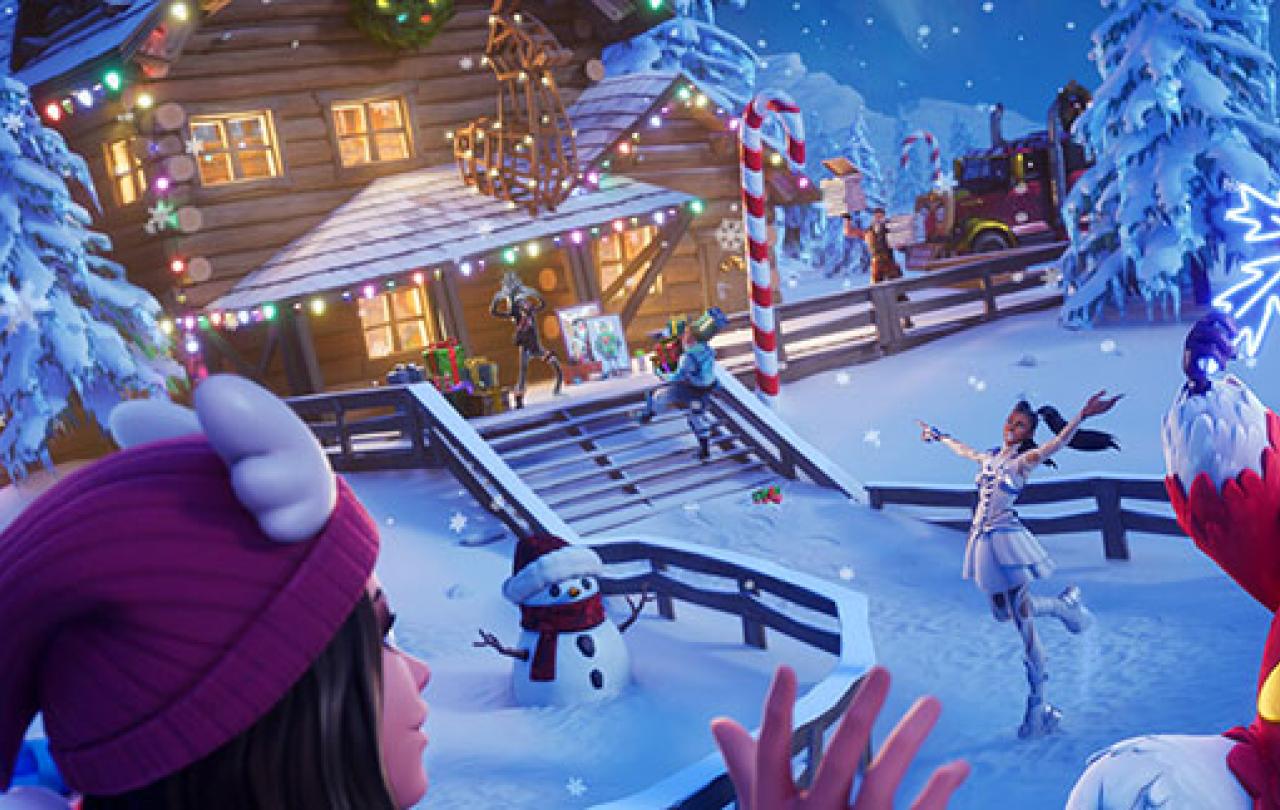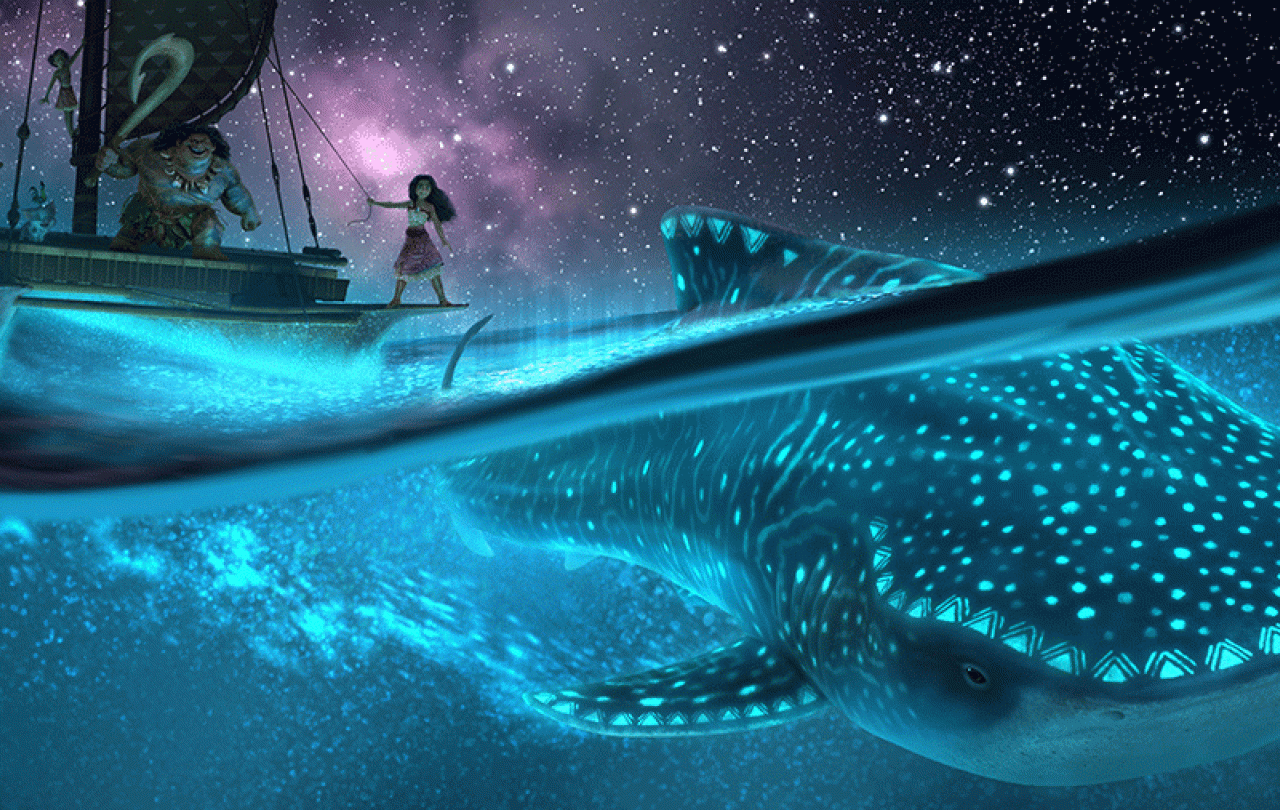
Fortnite recently recorded its largest ever day with 44.7 million gamers logging some 102 million hours of play. It is a defining cultural phenomenon for a generation, free to play, it makes its record-breaking billions simply by players paying to upgrade their ‘skin’ - the look of their virtual character.
For the ‘noobs’ (that’s the newbies, in gamer-speak), Fortnite is a battle-royale sort of a game, that is, a last-man-standing shooter which begins with one hundred players skydiving out of the flying bus, dropping down onto an island, running around, locating a variety of weapons caches and blasting each other away until only one fighter remains alive – the winner.
What’s more, in this ‘holiday season’, Fortnight fans can enjoy a festive twist to their gameplay with surprises to be unwrapped, including snowball launchers, fir trees, fairy lights, and a variety of novelty themed ‘skins’ to select from - all nice additions if that’s what you’re into, but none of them of course changing the basic nature of the game, which solidly remains, however merrily decorated, to be all about blasting one another off the face of the map.
Imagine the gamers... even laying down all their guns and snowball launchers and having a rogue Christmas party.
It was the temporary festive phenomena within Fortnite that triggered a thought: What if someone hacked the Fortnite holiday season and put in a truly game-changing addition? Go with me for a second, what if, dropping down right into the midst of all the violent rampaging there landed something truly surprising? Something like the opposite of a mega ‘skin upgrade’; what about a new character appearing who was completely immobile and literally defenceless - a baby?
If this actually happened, how would the other gamers react? I like to imagine the first few gamers stumbling across the defenceless baby, and perhaps just for the unlikely joy of it, interrupting their regular killing sprees and attempting to protect it. Or perhaps even laying down all their guns and snowball launchers and having a rogue Christmas party in one corner of the map, complete with all the famous Fortnite dance moves that are normally reserved for the last-person-standing.
Imagine the whole system being so wonderfully interrupted for 44.7 million users. Our cycles of violence paused. Our incessant quests for upgrades called into question. Our whole concept of ‘winning’ called out as the grabbing, the hoarding, the mad dash, the blasting, it was all undone and turned around.
All because some genius had put an unarmed baby into the middle of a Fortnite battle, or maybe they’d put themselves in as a baby. Can you imagine that?





